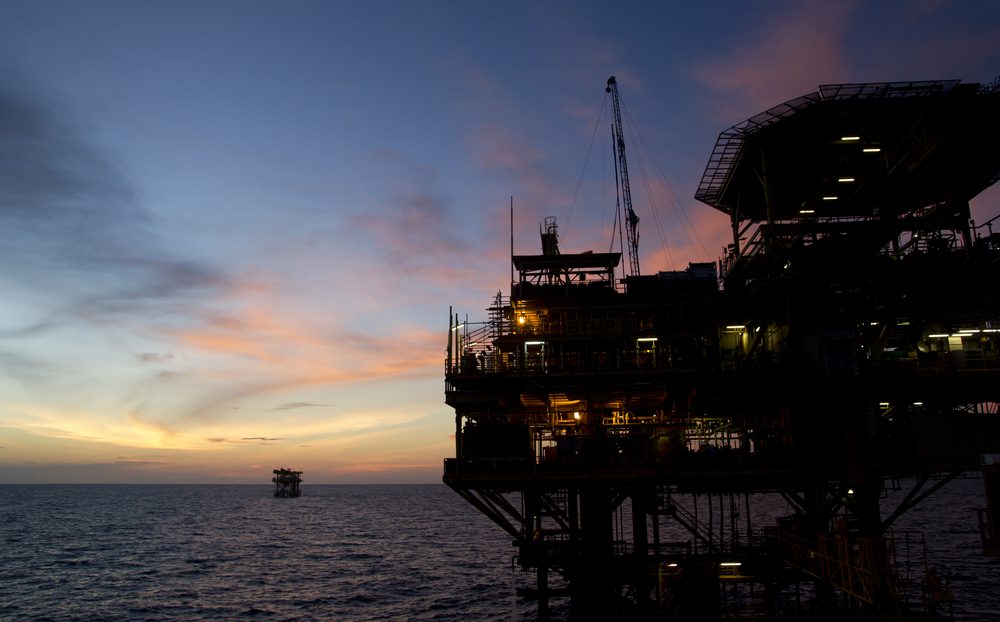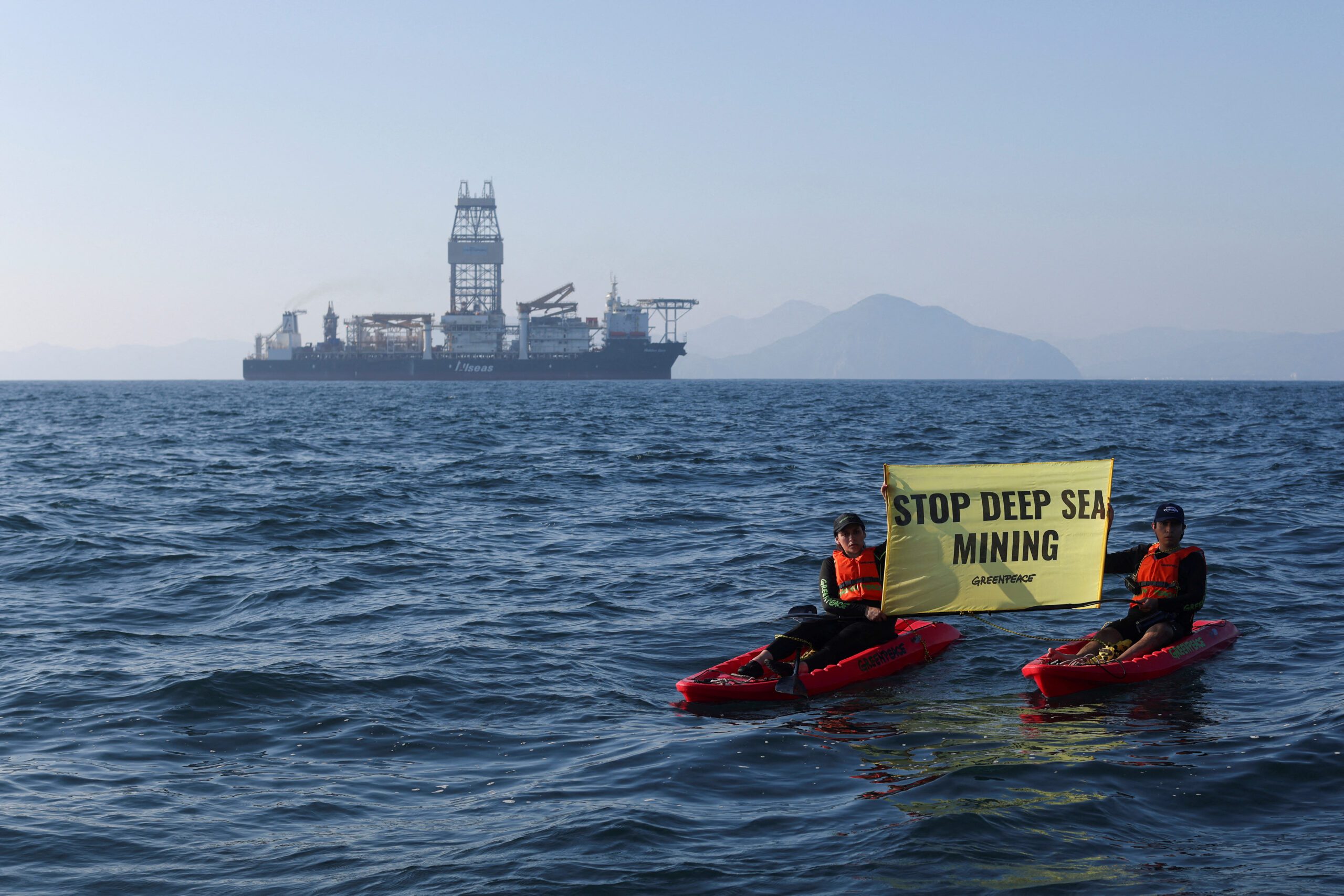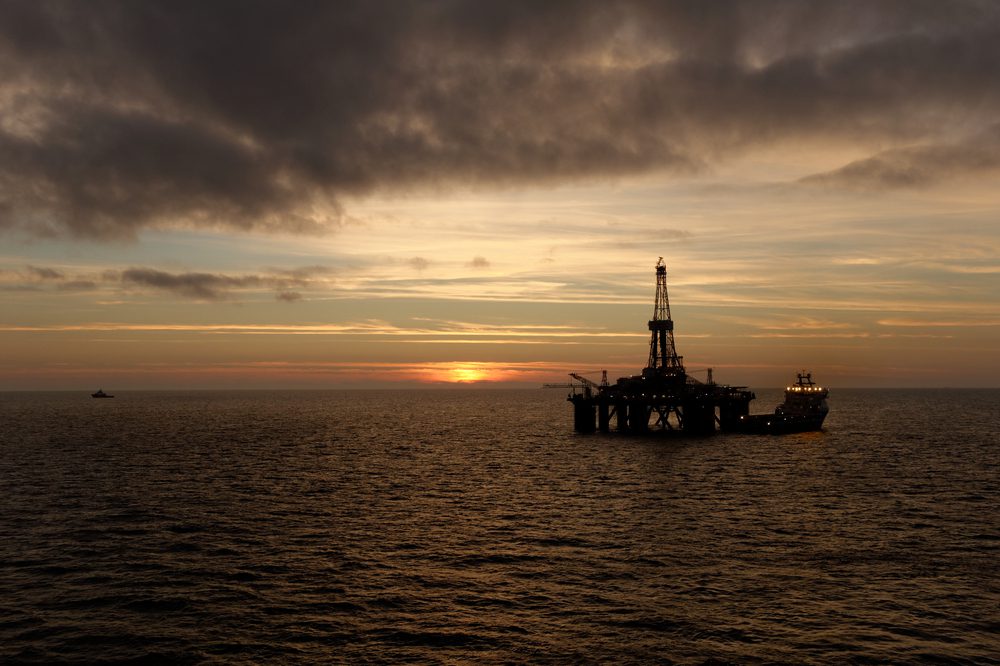Over two thousand oil and gas wells in the UK sector of the North Sea will need to be decommissioned over the next decade at a total cost of around $23 billion (£20bn), according to a new report by industry group Offshore Energies UK (OEUK).
The report finds the UK decommissioning sector is expanding fast and predicts a surge in activity over the next 3-4 years. It says the sector will continue growing as other emerging offshore energy technologies, like offshore wind farms, also require the service.
The report estimates around 2,100 North Sea wells will be decommissioned over the next decade – around 200 per year – at an average cost of $9.2 million (£7.8m) per well.
In 2021, about 10% of oil and gas expenditure on the UK Continental Shelf went into decommissioning, but the proportion has risen to 14% this year and is set to rise further to 19% by 2031. Over the next ten years, decommissioning expenditures are estimated to total $23.4 billion (£19.7bn), with well decommissioning comprising nearly half.
“The UK’s decommissioning sector is snowballing and will continue growing for years to come,” says OEUK Decommissioning Manager Ricky Thomson. “But this poses a challenge as well as an opportunity. The growth of renewables and demand for decommissioning services and expertise will create increasing pressure for resources.
Over 75% of total decommissioning spend will be within the central North Sea, (stretching from Yorkshire to the northern tip of Scotland), and the northern North Sea, (covering an area north of Scotland and east of Shetland and Orkney), benefiting industrial communities on adjacent coastlines, especially around Teesside, Humber, Aberdeen and Inverness. Decommissioning in the Irish Sea will generate more economic benefits in places like Merseyside.
However, the growth in other renewable energies, such as offshore wind, could cause bottlenecks in demand for decommissioning services, the report says. This means the offshore wind, carbon capture and storage, and oil and gas sectors will need to work together and be transparent about planned projects to make sure the opportunity is properly managed.
“This is a great problem to have and it’s vital this opportunity is properly managed across the sector so that UK firms can capture the lion’s share of this £20bn opportunity,” adds Thomson. “With the right support from government and action from the industry, the UK could make major gains from decommissioning, as well as retain thousands of jobs for this growing sector.”

 Join The Club
Join The Club










